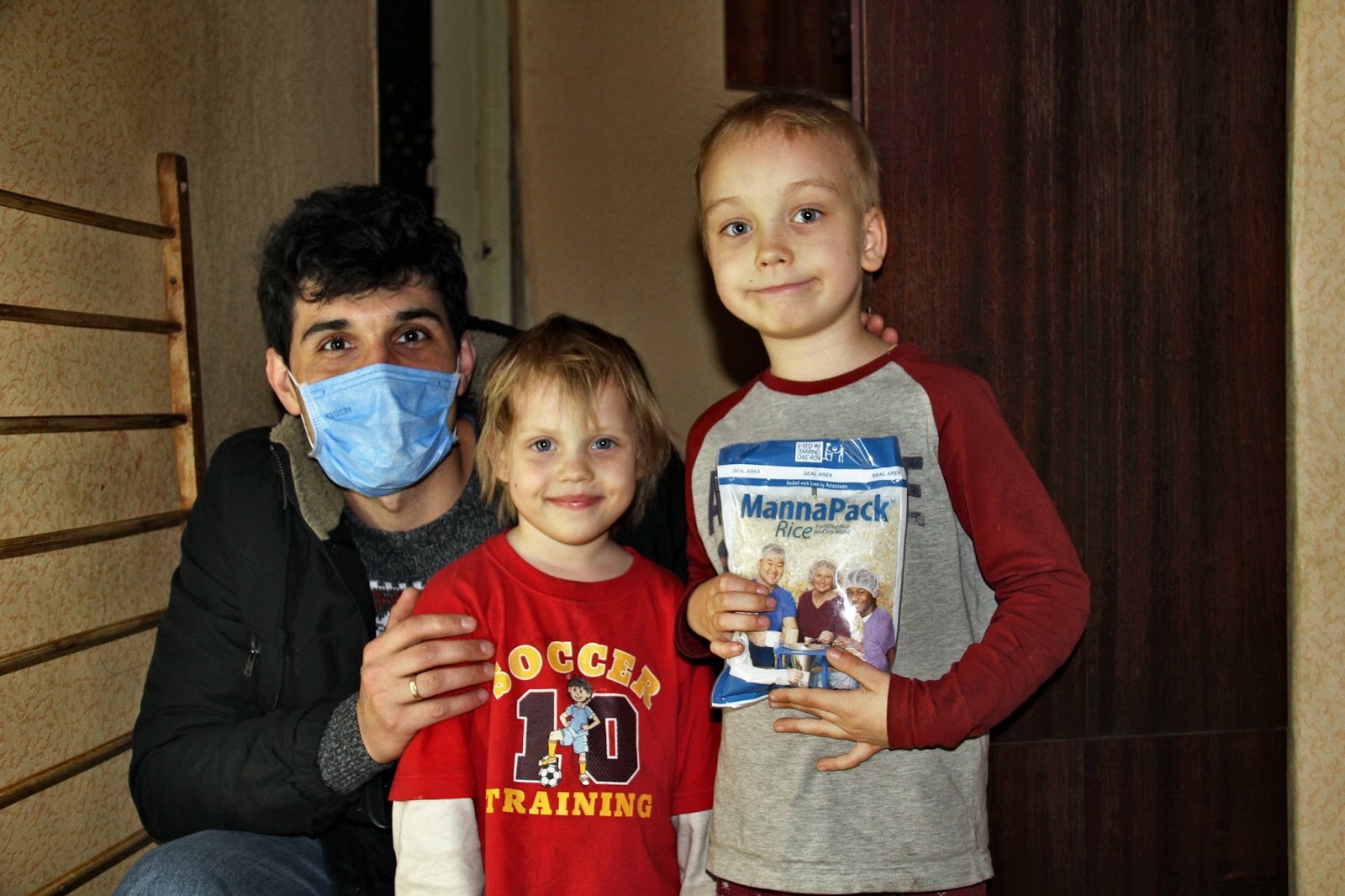
“We don’t trust the USA, we don’t trust the EU, we don’t trust the UN. None has come to help us.”
Message from besieged Aleppo.
Continued globalization not only creates new global structures, but it also tests their durability. Today, we see the world order that was built after World War Two breaking down. Its global institutions are turning out to be powerless in protecting the borders of sovereign countries, democracy and international rights. No one is able to stop the war in Ukraine, let alone in Syria.
This opens opportunities for creating both new regional or national projects and more aggressive-‘effective’ global systems. Nations and countries are ready to accept the authority, which promises “peace and safety”.
In the context of growing chaos and demand for a “world government” Christians must use their global network of communities and missions in order to proclaim and reveal the triumph of God’s Kingdom.
Certainly, it is not about the triumphalist understanding of the Kingdom, which claims to be successful in the affairs of this world by appropriating politics, business and culture. Rather, we should talk about an alternative order, which is displayed by weak and vulnerable positions – compassion, solidarity, mutual support, defending unprofitable truths, caring for those whom the progress doesn’t favor.
If we look closely at Christianity in connection to globalization, we will see that it already has something that other institutions can only aspire to create or obtain. It is a truly special Kingdom, which extends beyond the borders of geography and history, politics and culture. It is an independent future-oriented reality, detached from intrusive connections and extended beyond history. Throughout history however, world structures and Church structures tried to take advantage of each other’s opportunities. On occasion they would stick together becoming almost indistinguishable, but most of the time these alliances or “symphonies” were temporary. In the context of a real global crisis of world structures, the church can see its special calling clearer, the calling to be a part of another order, the Kingdom reality.
In fact, the church underestimates its potential; it is seeking favor with the state and other world structures instead of relying on and developing its own resources. In its confessional diversity and the whole range of its external ministries, the church represents not only the first global network of people and communities in history, but also the most progressive form of global unity.
In the global development of church communities and missionary work we must see not only success of the Kingdom as one of the global institutions, but something much bigger – an emerging, manifested and maturing reality of the Kingdom. That is why globalization in the world brings the church back to the Kingdom and reminds it about its universal, ecumenical and inclusive nature.
The global church and missionary movements are not only signs, but also sprouts of the future, living communities of the coming Kingdom. World missions have reminded the Church about its global nature and set it free from the corrupting regional and state connections. If the Church will be able to accept and comprehend its global nature, it could become a model and a beginning for redefining other global structures. We can and should think about something bigger than success of Christianity in the world. We can and we should perceive Christianity and the World in light of something bigger – in light of the Kingdom. And then the following questions will not seem so audacious. What if global missions extended beyond the framework of Christianity and represented progressive forms of political, cultural and economic impact? What if our realization of our mission as not ours (but as Missio Dei) enabled our interaction to be non-coercive, creative, mutually beneficial and mutually developing? What if precisely in the area of mission we are to overcome for the first time infamous Eurocentrism and Americentrism, and overcome it with a generally positive outcome, not with fierce criticism and destruction?
We should not perceive the crisis of global structures as a sign that the end is near. We should perceive it as a sign of a beginning for the church and for the Kingdom. A lot of things can start with us. A lot of things can change after we are gone.
